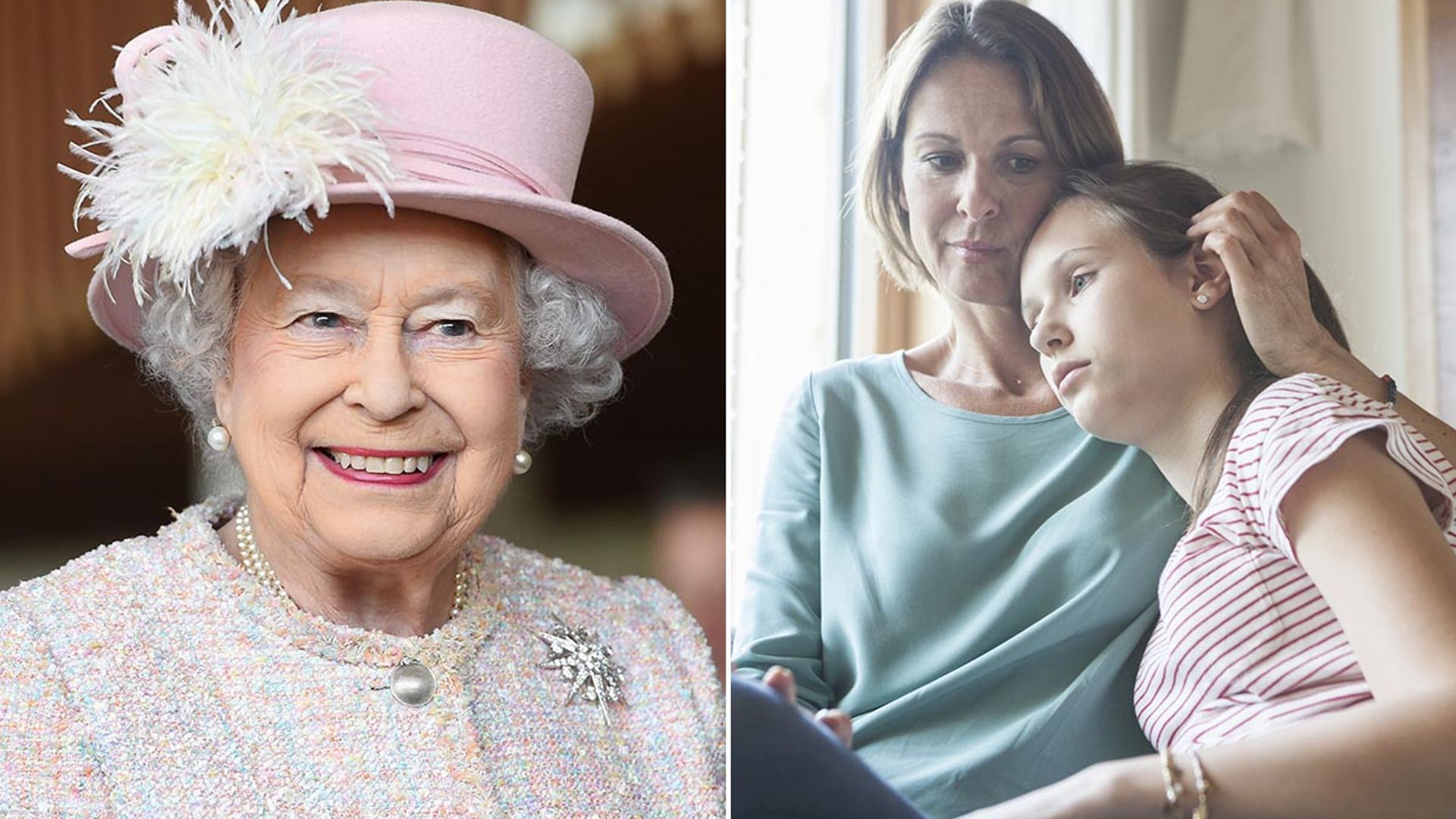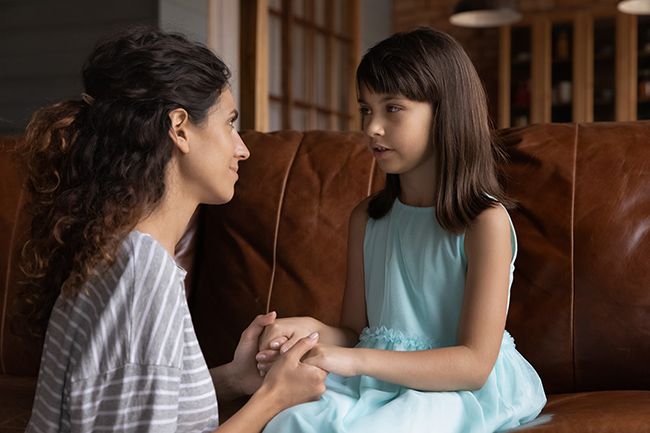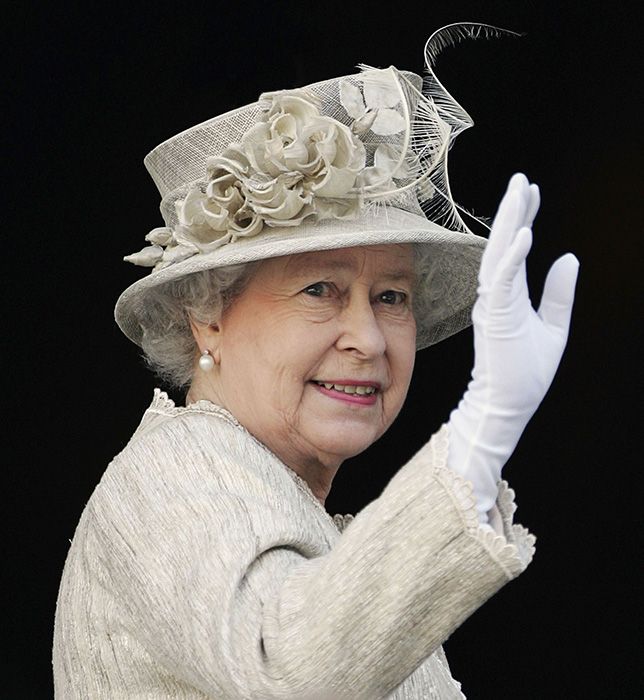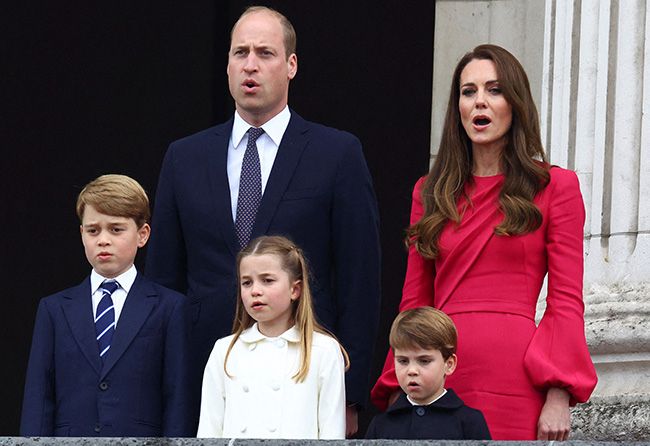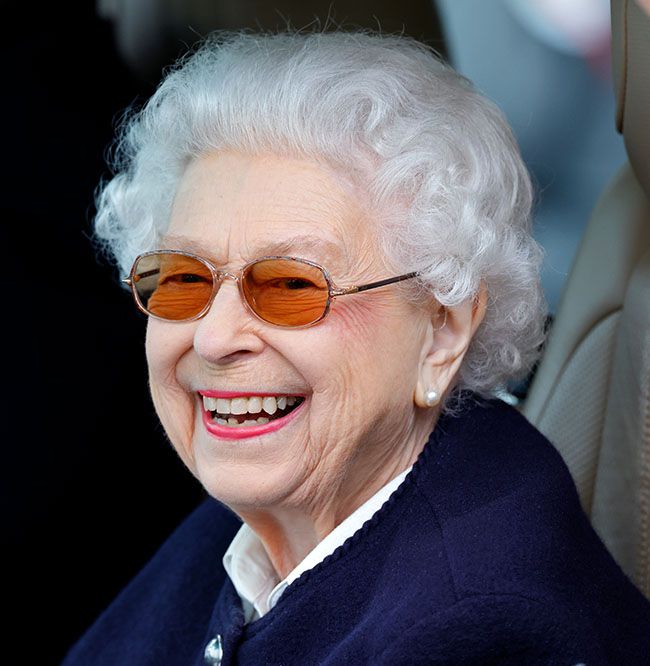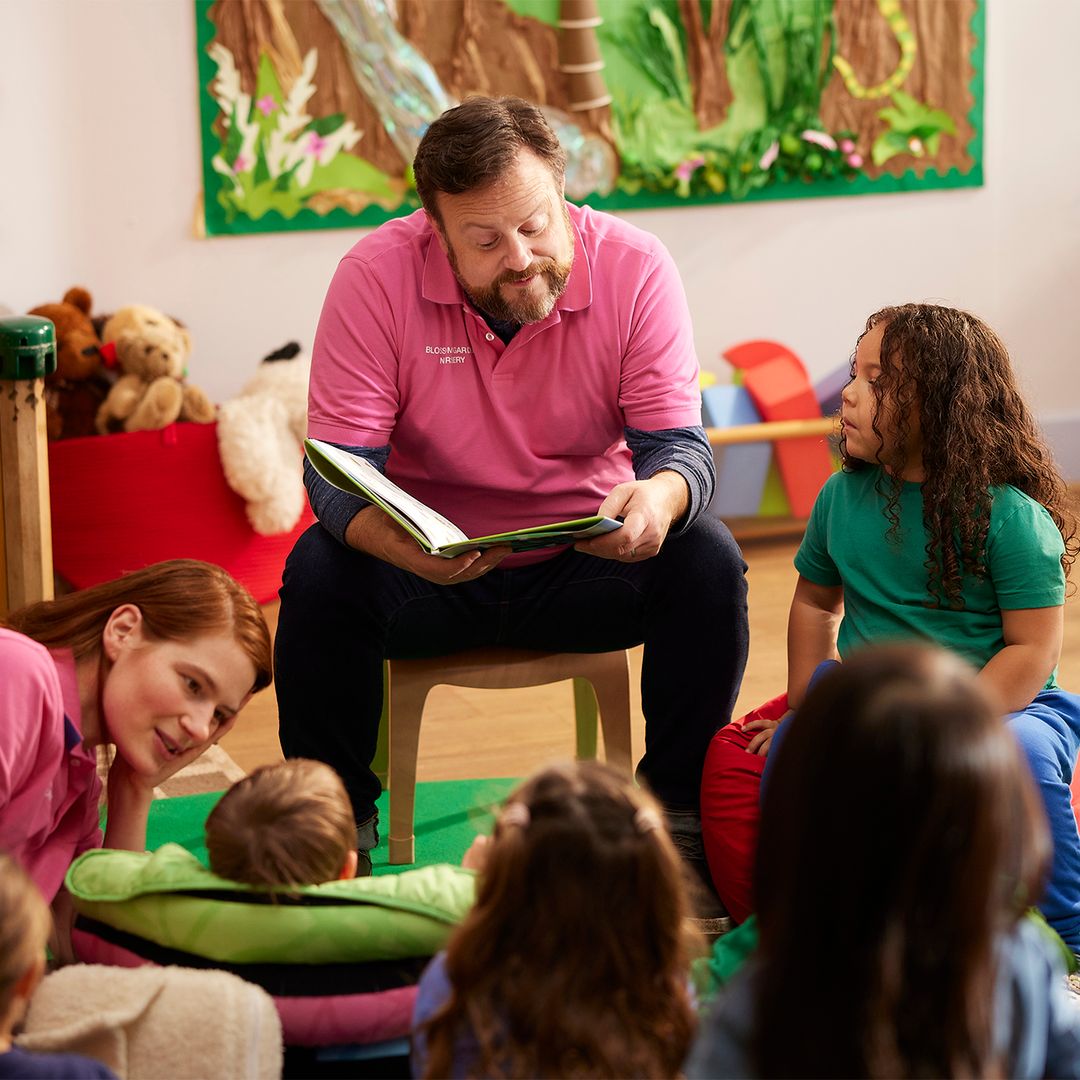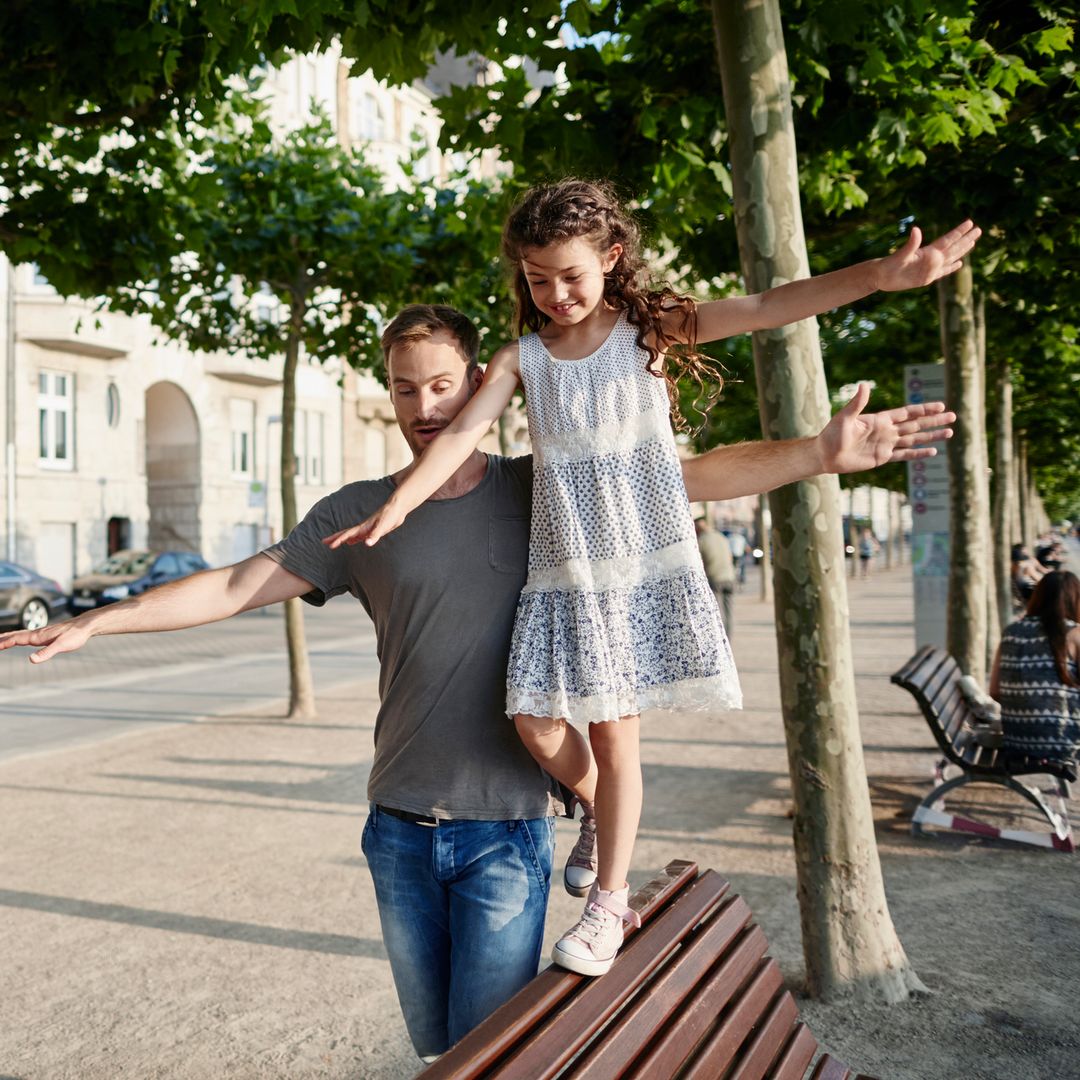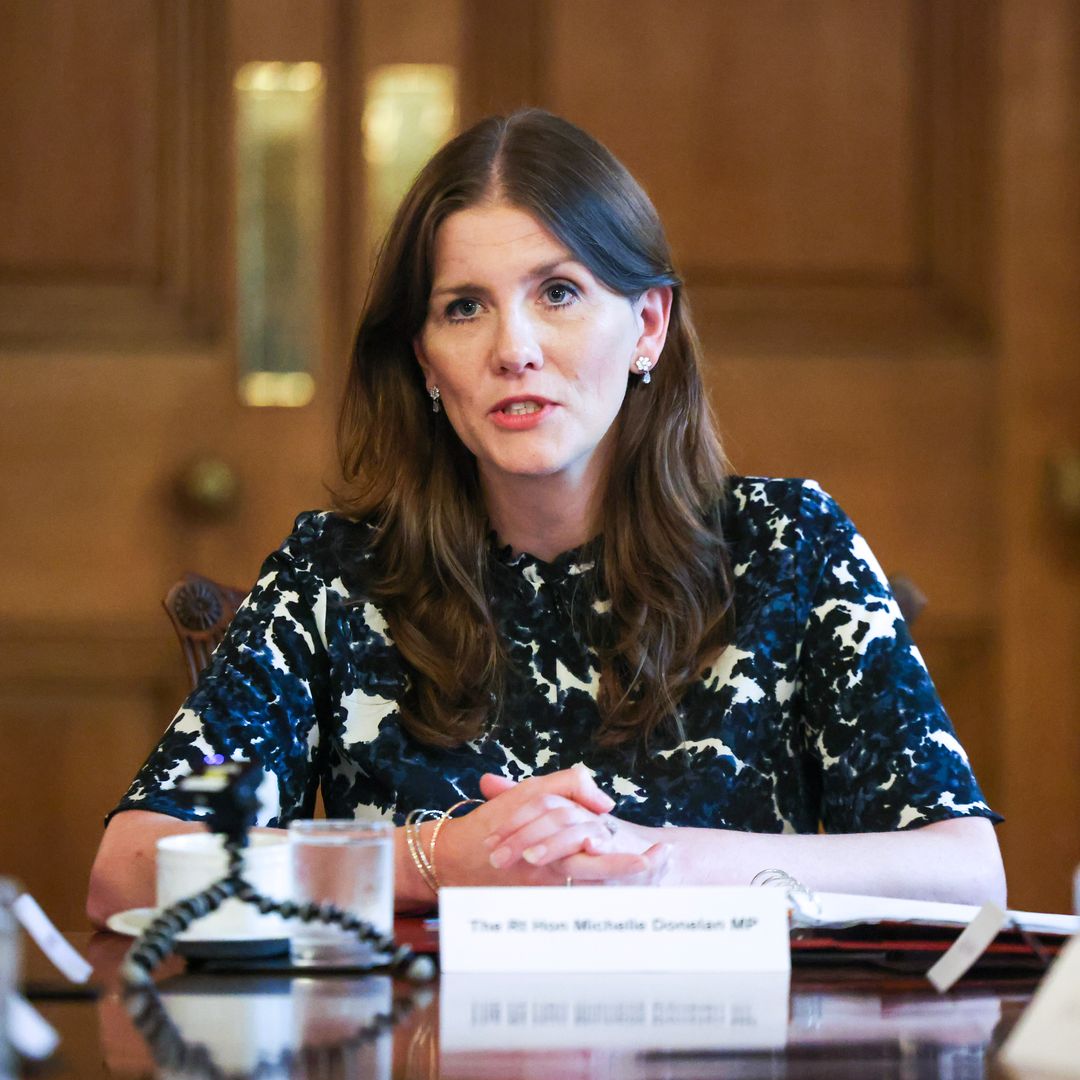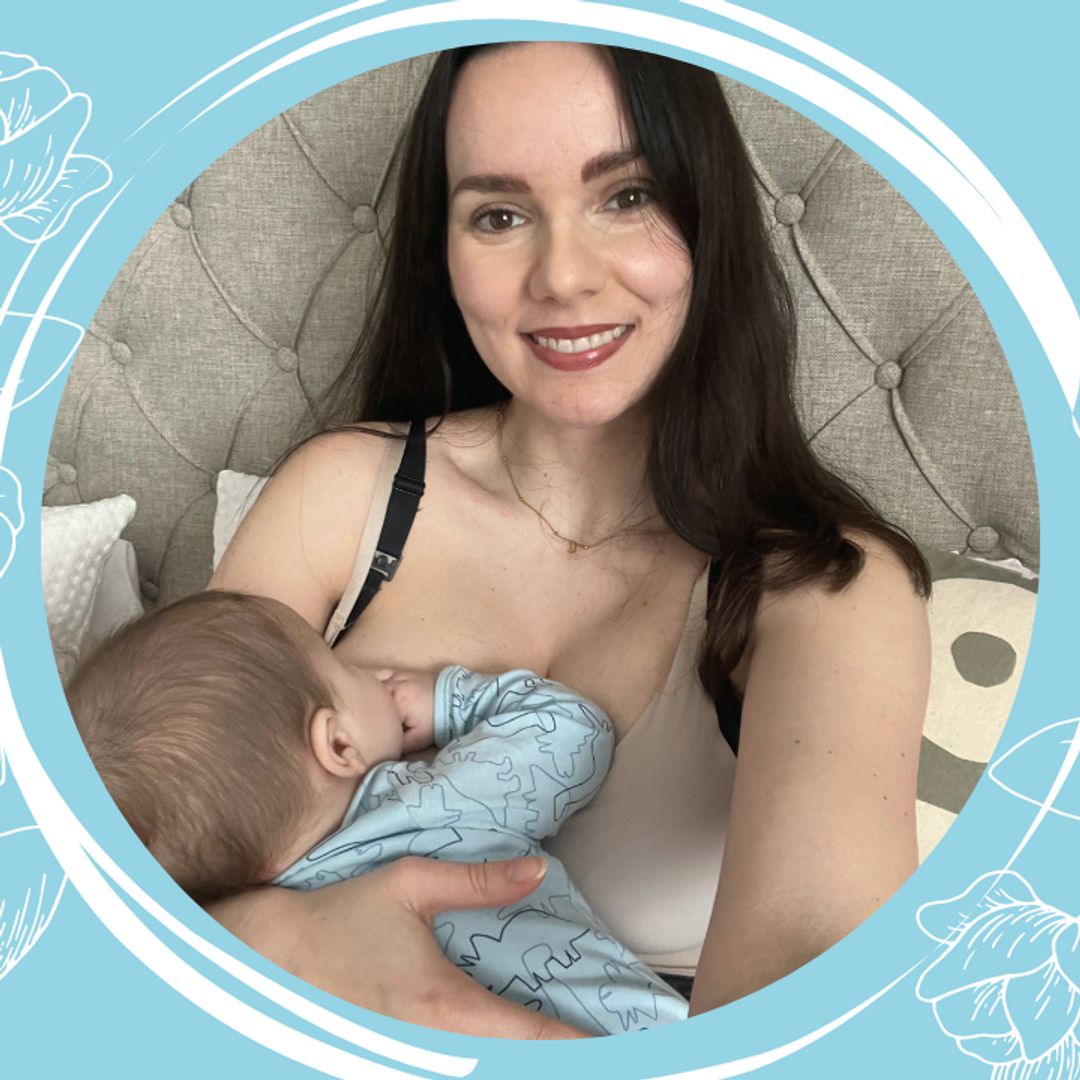Queen Elizabeth II's death has come as a shock to us all, and as the world mourns the UK's beloved monarch, many parents will be wondering how best to explain her death to their children.
MORE: The Queen's life in pictures: Remembering the best moments from her 70-year reign
Should we bring up the subject of the Queen's death? How much detail should we go into about her funeral? Should we have the news on at home or not? It's hard knowing what to say at this sad time.
WATCH: The Queen's finest family moments
HELLO! spoke to Dr. Jane Gilmour, Consultant Clinical Psychologist at Great Ormond Street Hospital and co-author of How to Have Incredible Conversations With Your Child, for her advice.
How to explain the Queen's death to young children
Dr. Jane Gilmour advises: "With pre-schoolers and young primary school aged children around five or six, their stage of development means that they don't quite understand what death means. So for those children, in particular, it's important that your language is accurate and straightforward.
"For example, people might say things like 'The Queen has passed on' or 'We've lost the Queen', and those phrases have the potential to be misunderstood.
"So I would say, very gently and kindly: 'The Queen has died. It means she's not going to be coming back. She's no longer living.' Then go and look in nature to show things that have died that aren't coming to come back.
Your child may have questions about the Queen's death
MORE: Prince Harry looks after his grandmother the Queen in unearthed photo
Talking to older children about the Queen's death
"For slightly older primary school children, sometimes they make connections between events when there's no real link.
"It's a clever learning technique, but sometimes you might get a situation where someone says: 'The Queen died, she was 96, but she had a good life and it's not unexpected that she died'. Then in the next breath, they'll say: 'Help your old dad with the shopping'. A younger child might think, 'Ok, so if you're old, you're going to die – what does that mean about dad?'
"So when you have the conversation about the Queen dying with your child, come back to it so that they have time to process it, think about it and you can check for any misunderstandings or residual questions that they might have.
"The speed of processing for younger children takes a bit of time; they have to think about what it means and then connect what they know already. Come back to it and leave lots of space for questions.
"Very often a parent will want to fill the conversation with their words and actually what you want to do is leave space for their questions. And whatever they ask you, praise them for asking.
"You want to give them the message that they can come to you with their questions rather than anyone else. It's a good opportunity to say: this is what we do in our family."
Talking to teenagers about the Queen's death
"We know that teenagers feel emotions more intensely than younger children and adults, and that may mean your teenager experiences talking about the Queen's death at a level that surprises both them and you.
"If that happens, do take the chance to talk it through. Try and figure out why it's happening, why it's making an impact, and connect with your teenager.
"Even if they didn't have a particular connection with the Queen when she was alive, they may experience it quite intensely during this period."
Queen Elizabeth II
Explaining death to children
"It will depend on different families' belief systems but sometimes children's questions about the death process are quite practical questions.
"I'd ask the child more about their question, such as 'What is it that you want to know?' Try and get a clear idea of what it is.
"Sometimes children want to know what happens to a living body when it dies, practically speaking. Sometimes they may ask 'What happens in the funeral?' or maybe 'Where does the body go?'
"It's important that these types of questions are discussed in a very straightforward way, even though some adults say they find it hard.
"Make sure you answer honestly. If you brush it off because you think it's too hard for them to hear, they may go and ask someone else or fill it with inaccurate information. If they're old enough to ask the question, they're old enough to get an age-appropriate answer."
MORE: 7 best photos of the Queen meeting babies through the years
What if your child hasn't mentioned the Queen's death? Should you still talk to them about it?
"Yes, you should. Even infants who are a few days old will pick up a change in emotional temperature. Even very young children who may not have clocked what has gone on will notice something has happened and your job is to come in with a framework that is true.
"There will be lots of talking about death and dying and your children will want to know why that's happening - even if it's an overheard snippet, it's likely that they will have picked something up.
"Death is an inevitable part of life. It's a hard conversation, but if you bring up the subject, then you can set the tone rather than waiting for them to overhear it somewhere else."
The Prince and Princess of Wales will likely be having conversations with their children around death
If your child worries that you will die…
"In every parent's life there's a moment when younger children make the connection that all living things will die, and they realise 'my mum or dad is a living thing and they will die.'
"There are lots of little steps in that, and sometimes children can be very upset. It's very important to be honest, but keep it general. You can say: 'It's true, all living things die, but I'm well and there's nothing to worry about. I'm in good health.'
"It would be very confusing for a child if you said 'There's something different about me, I'll be here forever'. That's not helpful."
Should you tell your children how you feel about the Queen's death?
"Many parents may feel sad and it may remind them of when their own parents died, and for children, when their grandparents died. It's a good idea to describe that.
"You're saying to your children, 'As a parent, I feel sad sometimes.' You're talking about it and showing we have a rainbow of emotions as a human being and you're normalizing that, which is very important for developing emotional literacy.
"If it triggers something in your personal life as a parent which means you are overwhelmed by your emotions and you're very tearful, then I would take that out of the young person's earshot as it could be frightening for a young child."
The monarch reigned for 70 years
Watching TV news about the Queen with your children – good or bad idea?
"We're seeing history now on TV and it's a good thing to watch together, but keep an ear out for the phrases your children might have heard, and maybe check back to see how they've understood them.
"We hear phrases like 'Things are never going to be the same again' and 'The whole country is in a state of shock'.
"These phrases are true and have context for grown-ups, but for a younger child they might sound quite scary, so it's a good idea to watch the news together and explain if you need to."
Should children watch the funeral?
"Certainly, if they want to see it, I would sit with them. However, I wouldn't leave them alone watching it. There will be a moment when they see the coffin and there might be questions about that.
"If it makes you as a parent feel very overwhelmed with emotion, I would think twice about it, but if it's something that you want to watch together and discuss together, then it's fine. Any question they ask is for you to answer honestly and kindly.
"I'd also watch the child quite carefully – if there's a sign that they find it too much, I wouldn't continue watching but would make sure I came back and talked to them about what their worry was."
Like this story? Sign up to the HELLO! Family Hub newsletter to get other stories like this delivered straight to your inbox.
